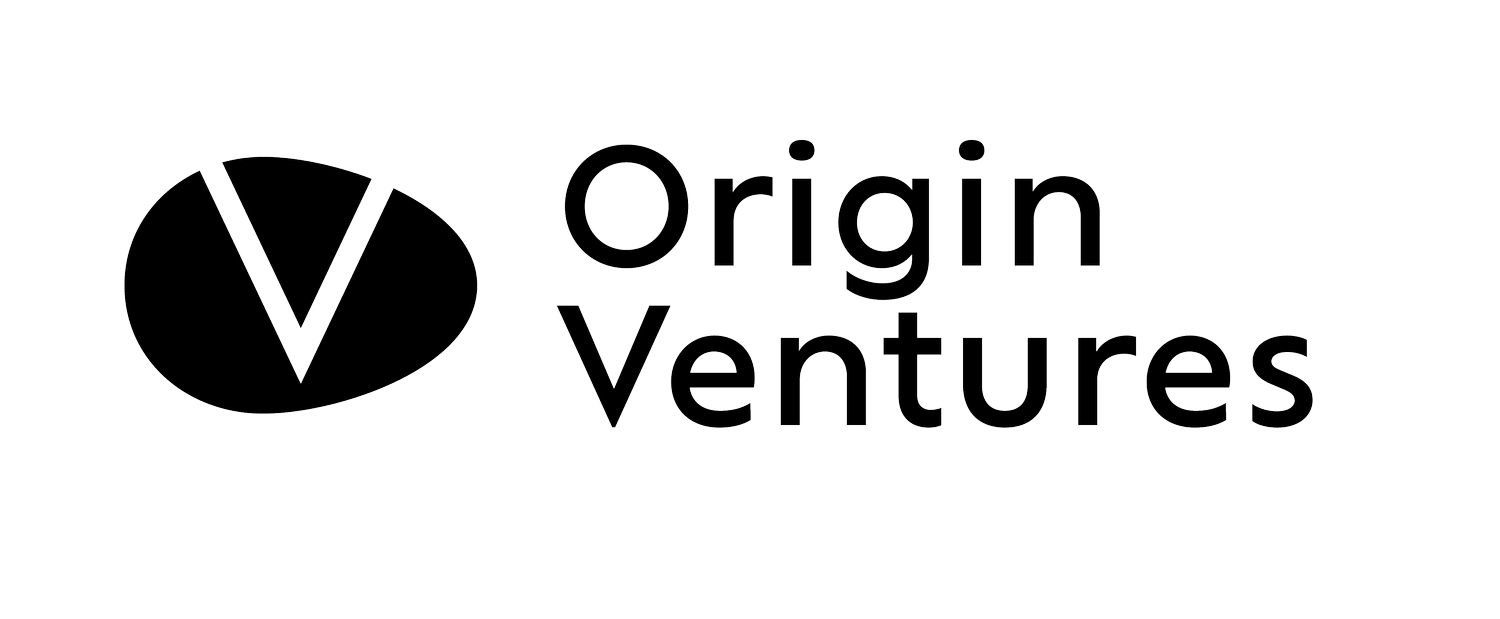How To Spot The Best VCs: Talk To The Founders Who Didn’t Succeed
Most venture capitalists who have raised more than a single fund have a few success stories. Those who don’t, of course, don’t usually get a shot at a second fund. For entrepreneurs, gauging VCs by these past investment successes can be difficult.
A common process when vetting VCs is to talk to people who have worked with them. But founders should dig past the wild success stories, the IPOs and $100 million-plus acquisitions, and talk to founders who may not have achieved a top-1% outcome, but still worked side-by-side with the VC for years.
Founders who IPO’d can provide great input, but those kind of episodes leave most people feeling positive about the process. Anybody can be a good partner in the midst of success. But a better barometer is to find out what kind of partner the VC was for the other founders – ones that can make up a large percentage of any VC’s portfolio.
Almost all startups experience down periods
Even some of our biggest successes, such as GrubHub, went through months or quarters where things didn’t fall the way we wanted them to. As a founder, you want to know that your VC will be as supportive and helpful to you in these challenging times as they are when things are rolling brilliantly. A good VC holds a founder accountable, of course, but he or she also helps founders dig out of holes.
In fact, it’s more important that a VC is working hard for his or her portfolio company during these challenging times than at any other time. This is when founders need to leverage all their assets and relationships.
The best VCs view relationships as their number 1 asset
VCs who help their founders most often do it by sharing their experiences in situations they’re familiar with and by leveraging their networks to make helpful connections. If an investor has a wide range of great experiences with nearly all of his or her founders, no matter the outcomes, then it’s likely that he or she has also maintained a great set of relationships with people outside his or her firm and investments. These are the people to whom the VC can reach out and make a connection to when a founder needs it.
Pattern matching has limits
As Ben Horowitz points out, many VCs have vetted hundreds or thousands of deals and have sat on dozens of boards, which gives them an edge when spotting trends or behaviors in a company. But Horowitz also points out that pattern matching for VCs has limits.
For startups that have fallen into a deep rut or hit barricades to growth, pattern matching often won’t help. The best VCs spend time to fully understand the problems facing the startup and will help the founders try and build novel solutions. VCs who check in at the board meeting and deliver some platitudes and invective for founders who have blundered will never be the difference between a startup that fails and one that grinds through to find growth and success.
Transitive value
If less successful founders report good things about a VC and give them credit for doing all he or she could to push portfolio companies toward success, then it’s more than likely that the founders of the VC’s biggest successes will offer praise that’s just as glowing. Perhaps even more so.
VCs would often play things differently with the benefit of hindsight. But founders who took investment from the best VCs would likely stand by their choice of investor no matter what the outcome might have been, because they had a palpable sense that the investor was working hard on their behalf.
It’s about deal flow
With the right connections and experience, anybody can raise a fund and call themselves a venture capitalist. But it’s superior deal flow that determines alpha in the VC world. Without it, a VC will lag behind the market and eventually fade away. With it, an investor will seem to have an uncanny ability to find major winners.
But it’s not an innate sense or luck that brings winners to the best funds – it’s hard work. And by putting that hard work into every deal – even the ones that don’t pay off – a VC builds the foundation of tomorrow’s deal flow. For every startup and deal on which a venture capitalist expends maximum effort, he or she earns more goodwill within the startup and founder community. Having this kind of equity with entrepreneurs earns a venture capitalist more opportunities with the best founders and ideas.
From there, it’s a virtuous cycle—one that’s exemplified by the continual success of firms like Sequoia and Benchmark.
Being a great VC is about grinding
All VCs need their big hits. Home runs are great, and they’re necessary for funds to be successful. For founders, however, having an investor who works to turn a single into a double or a strikeout into a walk is just as important as having someone on the team who has been in the dugout for a grand slam.


